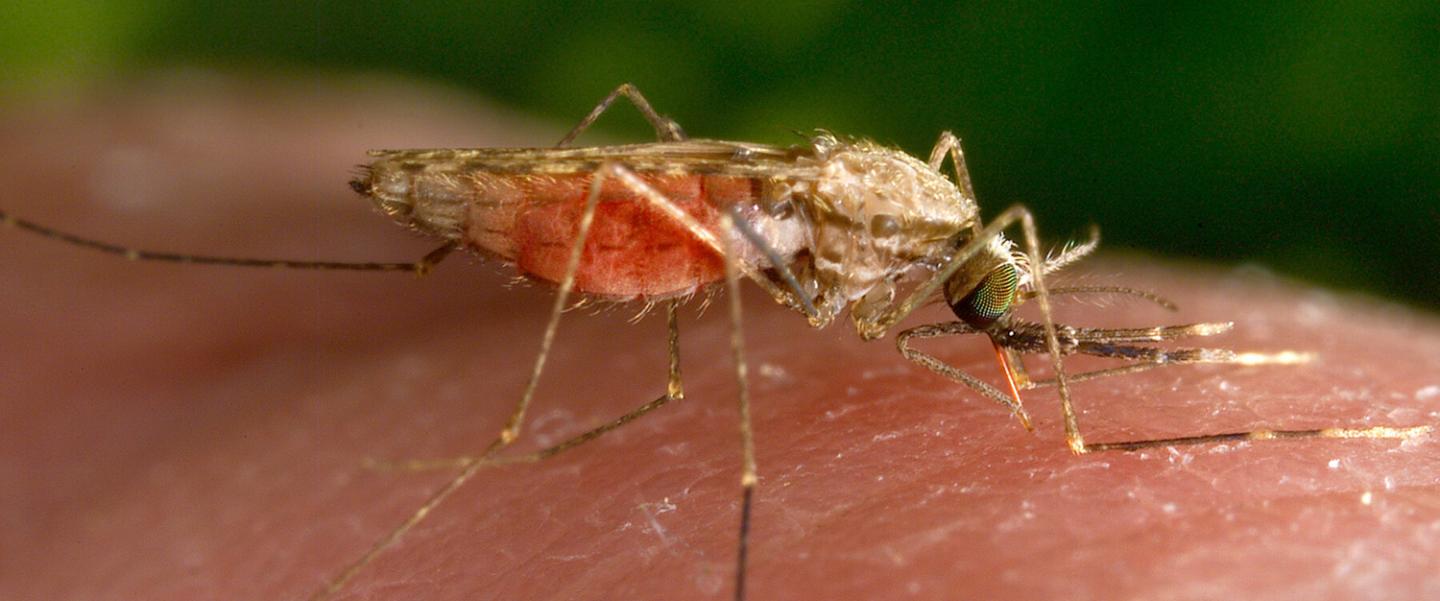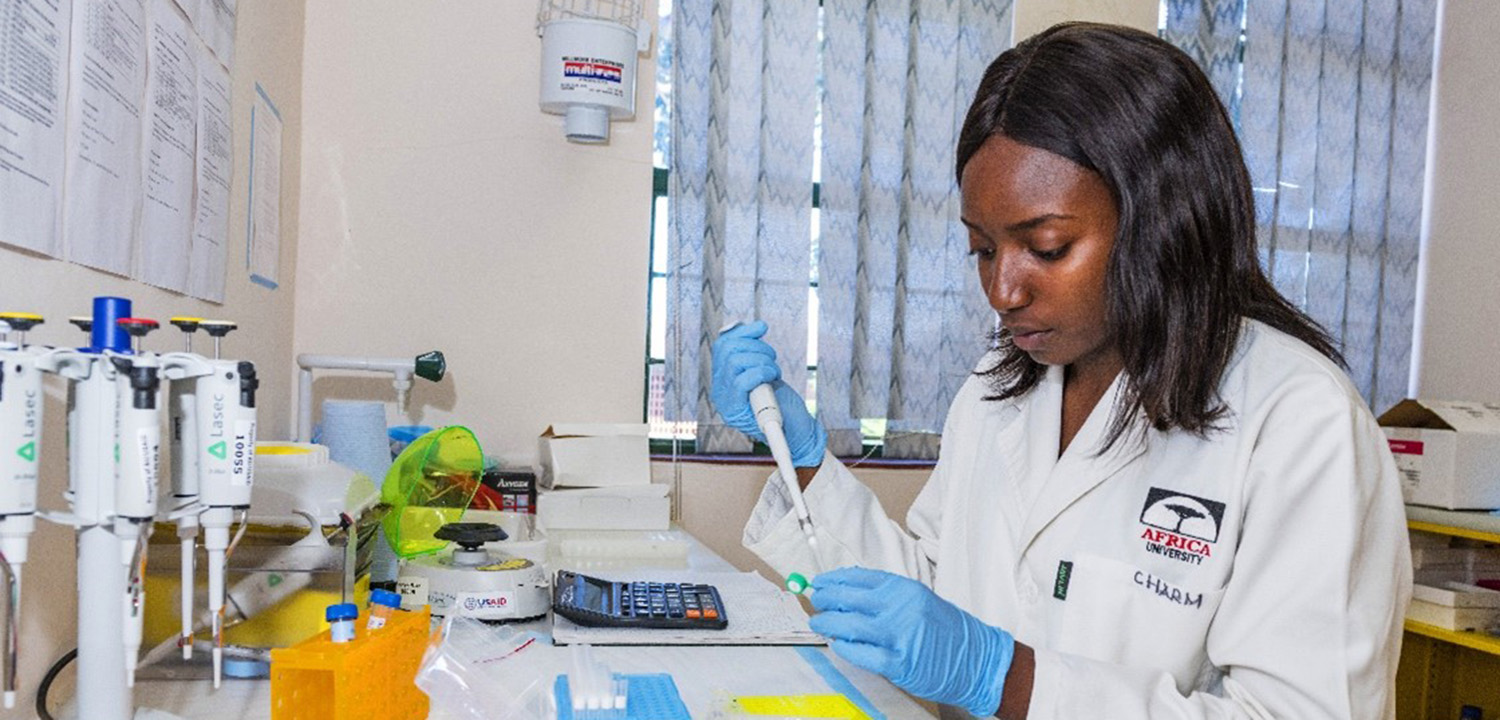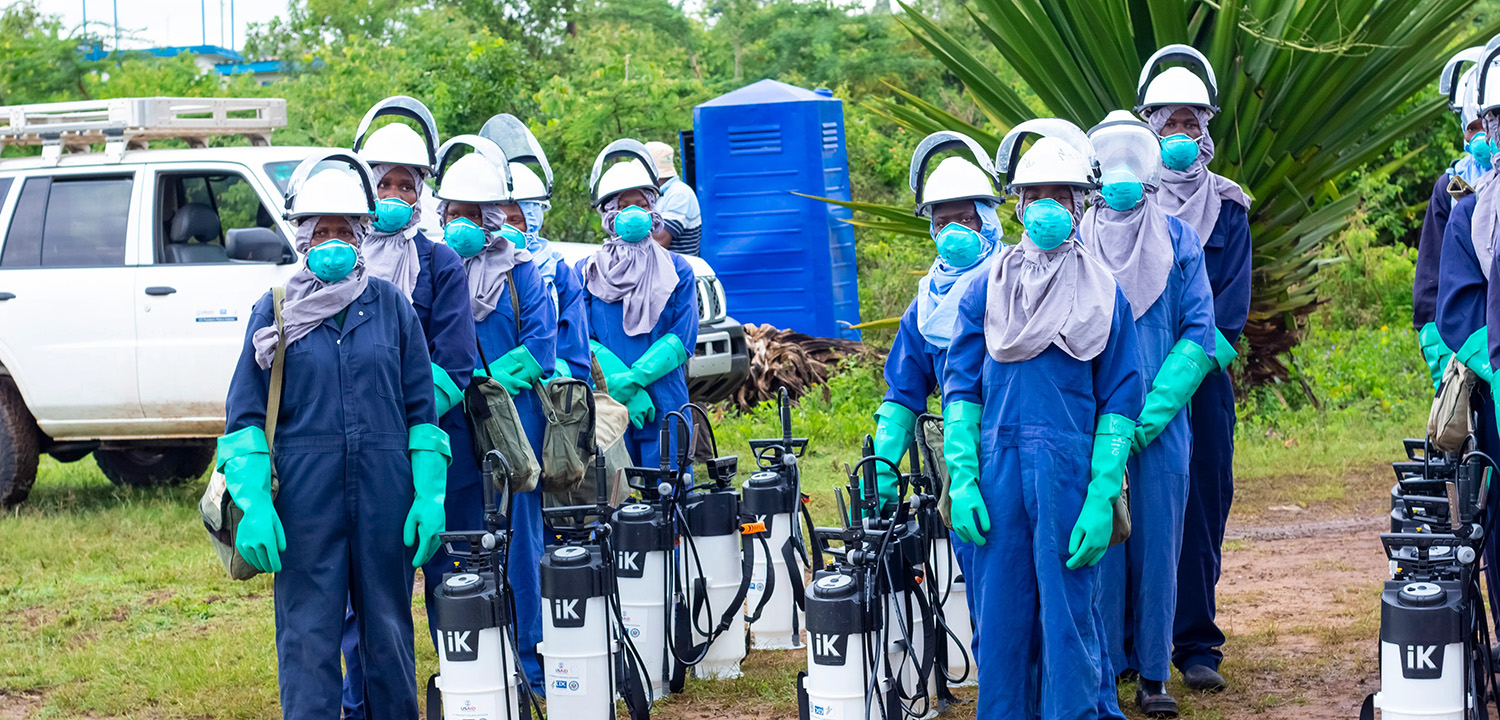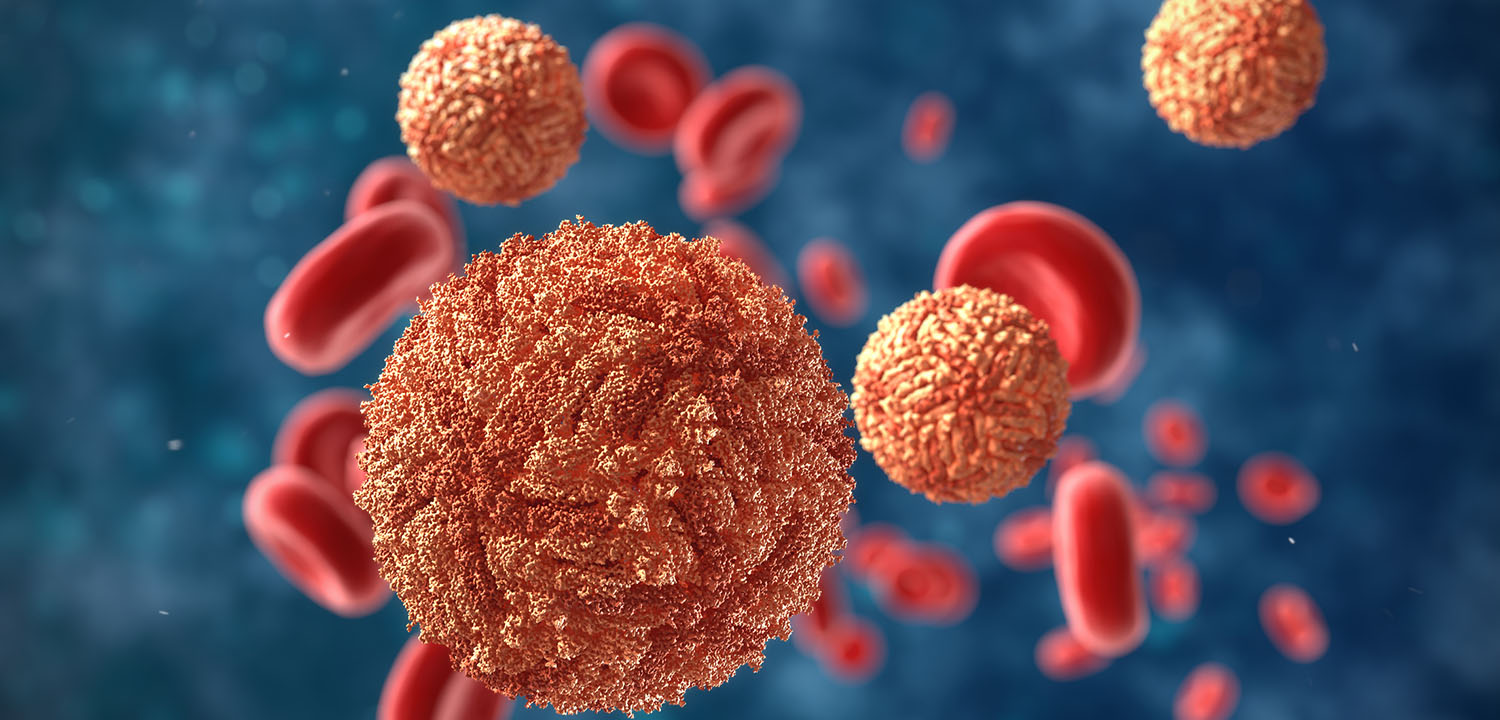Photo credit: U.S. Centers for Disease Control and Prevention
Malaria-carrying mosquitoes infect more than 240 million people around the world each year, and more than 600,000 die from the disease. Rarely does this happen in the U.S. But in mid-2023, there were several reported cases in Florida and Texas—the first U.S. cases unrelated to foreign travel in two decades. Abt Global is the world’s largest provider of interventions to track and control malaria, protecting millions of people annually in nearly 30 countries. Our experts have been on the forefront of entomology and real-time surveillance systems for malaria and other infectious diseases. We also are leaders in strategic communications campaigns that educate the public about the risks of parasites and pathogens like malaria, Zika, and COVID-19 and ways people can protect themselves.
Expertise
Abt’s expertise spans every phase of infectious diseases, from understanding the science of an outbreak and tracking transmission to prevention and treatment. Our expertise and methods include:
- Entomological monitoring, including data analysis to detect insecticide resistance
- Disease surveillance
- Epidemiology, including data analysis to detect disease transmission trends
- Data collection and data management, cleaning, and analytic file preparation
- Data dissemination
- Specimen collection, processing, and testing
- Surveys to collect data on public knowledge, attitudes, and practices
- Research to identify most at-risk populations
- Maintaining a research network of major clinical facilities in the U.S. and dozens of countries
- Design and implementation of vector-control measures
- Examination of the impact of climate change and housing on health
- Strategic crisis communications to educate the public
- Outbreak preparedness and community mobilization
- Training and technical assistance to increase healthcare providers’ malaria knowledge and improve care delivery
Relevant Experience
Evolving Vector Control to Fight Malaria and Emerging Risks
Client: U.S. President’s Malaria Initiative (PMI); U.S. Agency for International Development (USAID)
Combatting malaria requires scientific sleuthing. It’s what helped cut mortality from malaria 36 percent between 2010 and 2020. But 3.2 billion people remain at risk. So, the scientific inquiry—entomology—must continue.
For more than a decade, Abt has led the U.S. government’s largest investments to combat malaria worldwide. We have worked in dozens of countries on three continents to protect people from malaria through the delivery of life-saving mosquito, or “vector,” control interventions. In the past year alone, we protected 17.6 million people under the President’s Malaria Initiative’s (PMI) VectorLink project.
Abt is at the cutting edge of entomological surveillance and vector control, including the study of vector bionomics and biology and insecticide resistance. A lot of factors—rainfall, temperature, humidity—influence mosquito density, longevity, and malaria transmission risk. Insecticide resistance poses a challenge. So does the interplay between human behavior and mosquito behavior. That’s why malaria control programs need to tailor mosquito control approaches to meet different communities’ needs.
When the WHO urged countries to enhance their surveillance of the spread of Anopheles stephensi, an efficient malaria vector that thrives in urban environments, Abt was already doing so: When An. stephensi was first found in Ethiopia in 2016, Abt was there as a key partner for surveillance and risk modeling.
In our work for PMI and USAID, we partner with communities and local governments to conduct rigorous entomological monitoring to inform and implement the full range of prevention strategies. Informed by seasonal modeling, we develop plans to stop mosquito breeding grounds through larval source management and curb indoor transmission with indoor residual spraying. The data and experience our global teams have accumulated with new and existing malaria control tools have helped establish global best practices, guidelines, and policies.
Realtime COVID-19 Tracking and Research
Client: CDC
Abt supports a variety of CDC COVID-19 research initiatives. Since 2013 under a contract with CDC, Abt has managed a research infrastructure of U.S. clinical health organizations throughout the U.S. The original purpose was to conduct network studies to assess risk and characterize disease epidemiology of novel influenza or other novel respiratory viruses, but we pivoted to use the research capabilities for COVID-19 surveillance. Abt had significant experience with the approaches needed to rapidly stand up the studies and provide the timely data CDC required, from study design to data management and analysis to project management.
Under a separate contract, we helped staff CDC’s COVID-19 Epidemiology Task Force. The CDC Epidemiology Task Force was responsible for identifying and tracking COVID-19 cases, spread, and containment and was critical to accomplishing CDC’s mission and goals during the COVID-19 pandemic.
Study cohorts with different characteristics and vulnerabilities are critical to understanding how an infectious disease spreads and affects different populations. Our infectious diseases and clinical research experts have led COVID-19 cohort studies with CDC and partners to assess:
- Household transmission
- Transmissibility of infection
- Rates of infection and illness
- Clinical epidemiology of the disease
- Characteristics of medically and non-medically attended cases
- Vaccine effectiveness
Our study participants send in nasal swabs and complete symptom surveys each week. In addition, many provide serial blood specimens to allow for assessment of antibodies and immune response.
Zika Public Readiness Campaign
Client: CDC
After the initial 2016 Zika virus outbreak in Brazil and other countries, the public’s concern waned, but the Zika virus still posed a threat to people who were pregnant or planning to become pregnant throughout the Americas. In the midst of a rapidly spreading Zika virus, how do you reach vulnerable populations quickly to share critical prevention and safety information when complacency has set in?
Abt’s team of health communicators, graphic designers, and public health professionals worked with CDC to create a crisis communications campaign composed of nearly 370 creative pieces in two months. We used digital and social media, including animated banner ads, Facebook and Instagram ads, and Google AdWords to target narrow audiences. Additional media channels, including in-flight magazines, newspaper and radio ads, and billboards, provided broader audience reach.
The digital and social networking components of this campaign enabled rapid dissemination of prevention messages and hyper-targeting of audiences reaching over 37 million people in the U.S., including Puerto Rico. In November 2017, Abt earned a MarCom Platinum Award for its Zika Prevention Communications Campaign in the category of traditional and social media among the most outstanding in the areas of quality, creativity, and resourcefulness.
Monitoring Infectious Diseases and Vaccine Safety in Pregnant Women and Children
Client: CDC
Malaria can be particularly risky for pregnant women, newborns, and young children. Abt has significant experience monitoring a variety of infectious diseases in people. We have studied the influenza rate among pregnant women each year for more than a decade. We evaluated Novel H1N1 Influenza A virus infection and vaccine effectiveness among pregnant women. We tracked COVID-19 transmission and COVID-19 vaccine effectiveness among pregnant women as well as pregnant women's attitudes toward COVID-19 and vaccination.
We helped expand participation in the COVID-19 Vaccine Pregnancy Registry. Our call-center staff enroll vaccinated pregnant women into the registry to collect information about adverse outcomes following vaccination. We generate weekly analytic datasets and call metrics dashboard reports to keep CDC apprised of study progress and provide data for ongoing analyses.
Abt led the Epidemiology of SARS-CoV-2 in Pregnancy and Infancy (ESPI) Network Study, which used an existing network of sites and protocols from the CDC Pandemic Flu and Global Flu contracts to conduct two separate cohort studies among pregnant women. Findings from this study provided timely information for CDC on the risk factors for infection and characteristics of COVID-19 illness and complications, the effects of infection on pregnancy and infant outcomes, and the effectiveness of COVID-19 vaccines. A better understanding of disease burden and vaccine effectiveness may help inform future public health policy regarding pregnant women, young infants, and COVID-19.
For the Pediatric Research Observing Trends and Exposures in COVID-19 Timelines (PROTECT) Study, we lead a longitudinal pediatric cohort study that evaluates COVID-19 vaccines’ real-world effectiveness in 2,300 U.S. children in four geographies. The study provides ongoing estimates of COVID-19 vaccines’ effectiveness (including boosters and additional doses) in children aged 6 months to 17 years. In addition, the study monitors the incidence of SARS-CoV-2 and influenza infection in this pediatric population.
Vector competence of Aedes aegypti, Culex tarsalis, and Culex quinquefasciatus from California for Zika virus
Client: Funded by Abt and some California vector control districts
Reducing mosquito vector populations is an effective way to mitigate mosquito-borne disease transmission. Therefore, identifying Zika virus vector species is crucial for accurate risk assessments for mosquito transmission and to target vector control measures to mitigate Zika virus disease.
Previous studies demonstrated that the potential for a mosquito to transmit Zika virus is more complex than simple mosquito species-level designations. Thus, it’s necessary to evaluate region-specific mosquito genotypes and multiple Zika virus strains to assess region-specific potential for transmission.
In a study published in PLOS Neglected Tropical Diseases, a team that included Abt researchers assessed the ability of common mosquito species to transmit Zika virus and variations in how mosquitoes transmit different Zika virus strains. The information is important for prioritizing local mosquito control strategies. The team investigated whether there was variation in the rates that mosquito types were infected with Zika and whether, once infected, their transmission rates differed.
The team compared infection, dissemination, and transmission rates by measuring Zika virus RNA levels in cohorts of mosquitoes that ingested blood meals from mice infected with a Puerto Rican Zika virus strain from 2015, a Brazilian Zika virus strain from 2015, or an ancestral Asian-lineage Malaysian Zika virus strain from 1966. The team observed variation in infection loads between Zika virus strains in Ae. aegypti, but transmission rates were not different.
The study was valuable to decision making for vector control because it assessed and characterized the ability of common mosquito species in the area to transmit Zika virus. The article supported research indicating that the Aedes aegypti are efficient vectors for Zika transmission while Culex tarsalis, and Culex quinquefasciatus are not.
Contact Us







